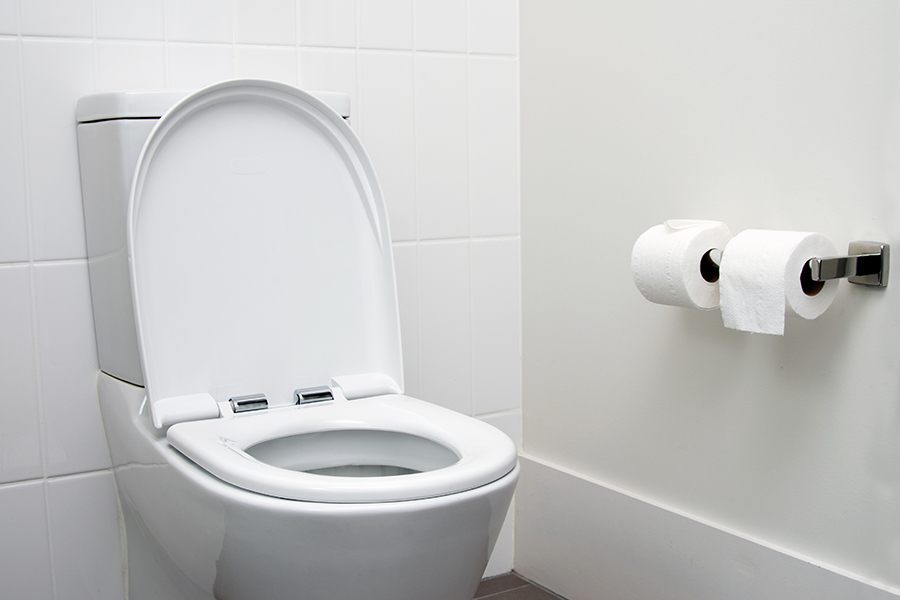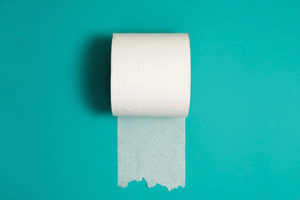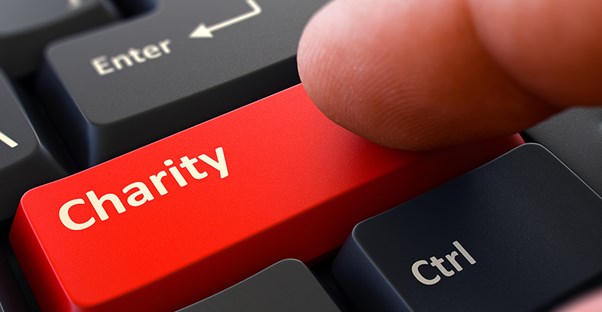Overactive Bladder in Men

An overactive bladder can be frustrating—not to mention embarrassing. Urology Care Foundation reports that about 33 million Americans are affected by overactive bladders, and 30% of men deal with the problem. With conditions that differ between the genders, generalized information is not that helpful. Here’s a look at the symptoms, causes, and treatments for overactive bladders specifically in men.
Symptoms
The symptoms of an overactive bladder are no mystery, but they can manifest in slightly different ways. Generally, you are struck by an unbearable urge to urinate; it can feel difficult to control it because of the strength and lack of warning. This involuntary loss of urine is called urge incontinence. Physical stressors (such as coughing, sneezing, or laughing) may exacerbate urge incontinence.
Men with urge incontinence and/or overactive bladder also tend to go to the bathroom more frequently than other men. You may have to urinate more than eight times in a 24 hour period. Nocturia also tends to go hand in hand with an overactive bladder. Nocturia is the tendency to wake up at least twice in the night to go to the bathroom. Normally, your body produces hormones that keep you from needing to urinate during sleep, but these hormones cannot overpower an overactive bladder.
Causes
A normal urinary system triggers nerves to send signals to the brain when the bladder is full. The various muscles in the system relax and contract so that you urinate only when you intend too. Severe bladder infections can mimic the symptoms of overactive bladder, although symptoms may alleviate upon recovery. Some people experience involuntary bladder contractions when there isn’t enough urine in the bladder to trigger the appropriate nerves. According to the Mayo Clinic, this can be the result of:
- Movement difficulties that inhibit getting to the bathroom
- Neurological conditions
- Diabetes
- Certain medications
- Tumors, bladder stones, and other abnormalities of the urinary system
- Flow obstruction as a result of constipation or past surgical incontinence treatments
- Too much caffeine or alcohol
- Disruption in brain-bladder signals as a result of age
- Inability to empty the bladder, leading to insufficient bladder space
Men can also develop an overactive bladder as a result of prostate issues. In fact, the National Association for Continence reports that 50% of 60 year olds and 90% of 85 year olds experience symptoms of prostate problems, including an overactive bladder. The prostate gland can become enlarged as you get older; because of its placement, this can inhibit the flow and stream of urine. While prostate cancer can influence this, having OAB or prostate issues does not necessarily mean that you have prostate cancer. Additionally, just because you have an enlarged prostate does not mean it is the only cause of overactive bladder.
Treatment
Before you schedule an appointment with your doctor, start keeping a journal of how frequently you urinate; this can be extremely helpful for a diagnosis. The first step of treatment is likely to be a few mild lifestyle changes. Avoid excess weight and eating or drinking things that will make OAB worse. Try to start “training” your bladder. Go at particular times every day. After you urinate, urinate again immediately to completely empty your bladder. Perform pelvic floor exercises; relax and contract the muscles you use to urinate and stop urinating (the male equivalent of kegel exercises). Wait as long as you possibly can before you go to the bathroom to help make your bladder stronger.
Alpha blockers or 5 alpha reductase inhibitors may be effective for OAB caused by prostate issues. Certain medications can help alleviate OAB that develops as a result of involuntary contractions; other causes may require different forms of treatment. Botox injections into your bladder may actually help relieve urge incontinence, although this treatment is still under research. Nerve stimulation and surgical alternatives are generally reserved as last efforts when other treatments fail.
For many men, treating prostate issues is quite successful at relieving OAB symptoms, but this may not be true for everyone. If you are suffering from overactive bladder, talk to your doctor about what kind of treatment will work best for you.






